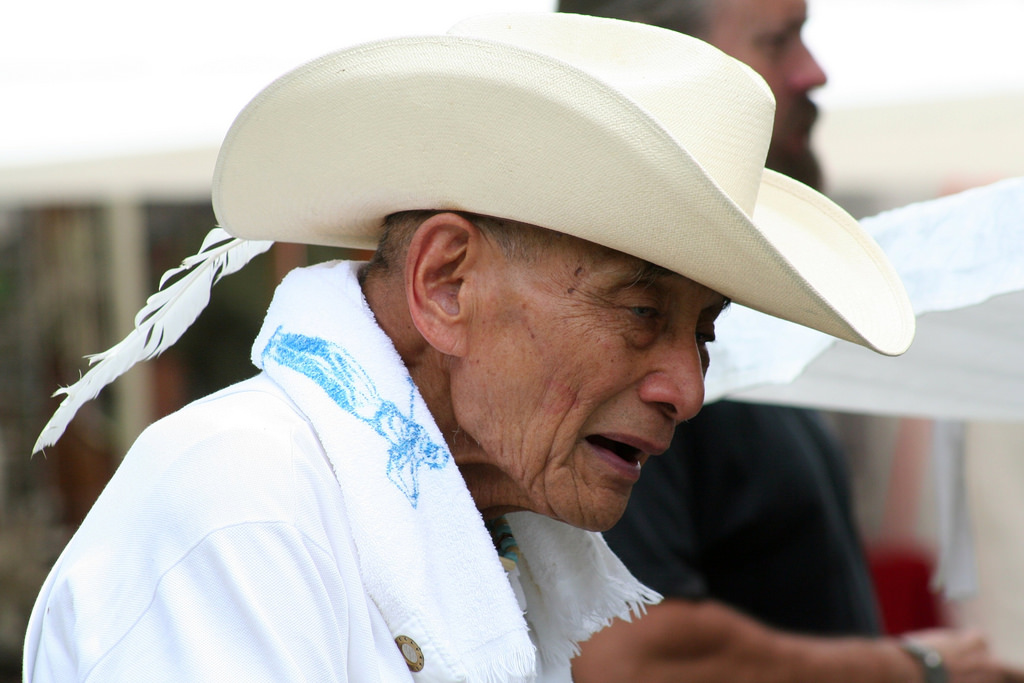The retirement age could vary with life expectancy for different segments of the population - this approach was suggested by OECD analysts in a report on the prospects for the development of pension systems. They believe that a later retirement age should be set for those who are expected to live longer, and lower for those who will live less. Experts talk about a stable correlation between income and life expectancy: for example, 1% of the richest men in the US will live 14.6 years longer than 1% of the poorest. For similar groups of women, this figure is 10 years. Consequently, residents with high incomes not only spend more years on pensions, but also earn the amount needed to pay them more quickly. On average, those who earn a little spend more time at work, starting at age 18, while middle-income workers start working at age 20, with high income at age 24. This ultimately reinforces the inequality in the value of the pension year.
The analysis of OECD experts is based on data on pensioners in Canada, Chile, the UK, South Korea, Mexico and the United States. They calculated cost of a retirement year, taking into account the expected living age, income (high, medium, low) and the age of commencement of work. As a result, they offered options for retirement age for different groups so that they all could spend a third of their lives on retirement. On average, in these countries, the difference in the age of survival depending on income is three to four years for men (on average, it is 20 years) and two to three years for women (22 years). Moreover, in all these countries, the retirement age is 65 years, with the exception of women in Chile (60 years) and the USA (66 years).
As a result, the cost of one pension year, taking into account income and different ages, starts from 1.7 years of work for men with a high income in South Korea to 2.8 years for men with a low income in the United States. The “fair” retirement age for these groups will be 68 years and 60 years, respectively. Among women, women with the lowest income in Chile (the cost of one retirement year - 1.7 years at work) account for the lowest retirement age for women, the most for women with low income in Mexico (2.4 years). For them, the “new” retirement age could be 69 and 62 years, respectively.
source: oecd.org
The analysis of OECD experts is based on data on pensioners in Canada, Chile, the UK, South Korea, Mexico and the United States. They calculated cost of a retirement year, taking into account the expected living age, income (high, medium, low) and the age of commencement of work. As a result, they offered options for retirement age for different groups so that they all could spend a third of their lives on retirement. On average, in these countries, the difference in the age of survival depending on income is three to four years for men (on average, it is 20 years) and two to three years for women (22 years). Moreover, in all these countries, the retirement age is 65 years, with the exception of women in Chile (60 years) and the USA (66 years).
As a result, the cost of one pension year, taking into account income and different ages, starts from 1.7 years of work for men with a high income in South Korea to 2.8 years for men with a low income in the United States. The “fair” retirement age for these groups will be 68 years and 60 years, respectively. Among women, women with the lowest income in Chile (the cost of one retirement year - 1.7 years at work) account for the lowest retirement age for women, the most for women with low income in Mexico (2.4 years). For them, the “new” retirement age could be 69 and 62 years, respectively.
source: oecd.org





